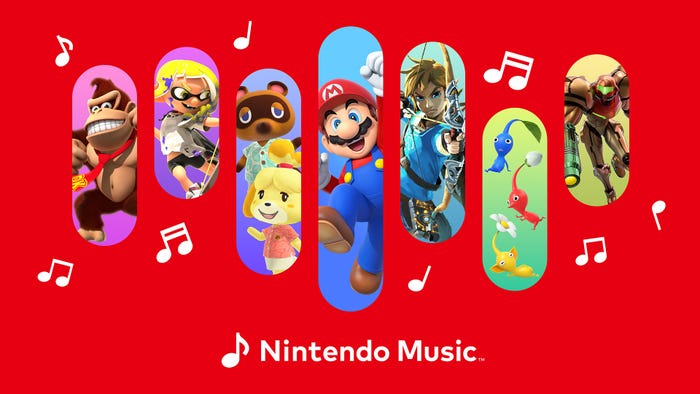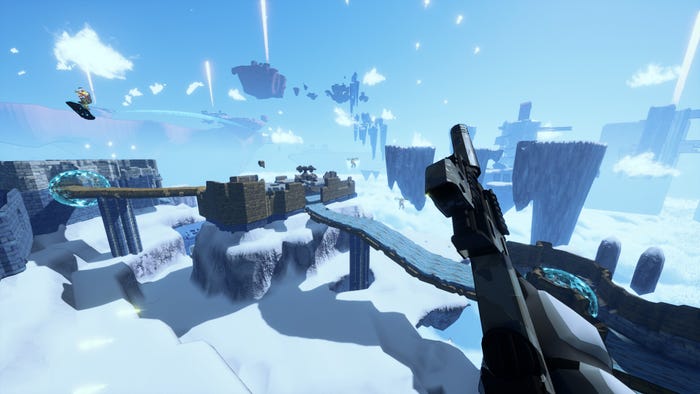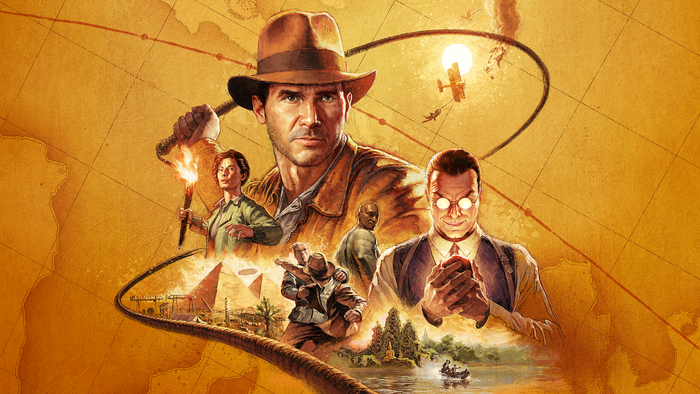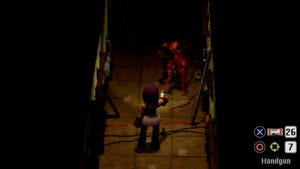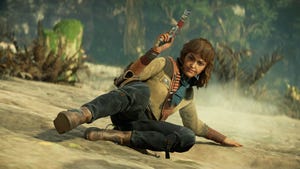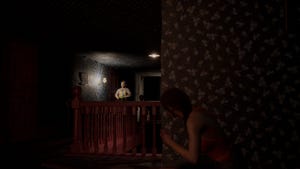IndieCade: A Post-Post Mortem Of Sword And Sworcery
At the closing keynote of IndieCade in Culver City over the weekend, Capy Games' Nathan Vella and Kris Piotrowski discussed the development of their cult iOS hit Sword And Sworcery.

At the closing keynote of IndieCade in Culver City over the weekend, Capy Games' Nathan Vella and Kris Piotrowski discussed the development of their cult iOS hit from the perspective of a seven-month gap since the game's launch and a "real tangible separation" from the project, developed in collaboration with pixel artist and design film Superbrothers, Inc. and musician Jim Guthrie. "Collaborations are a lot like skydiving," said Vella. "Working with new people is like taking your first tandem jump out of a plane, you're strapped to someone you don’t really know and you're hurtling towards the ground." As a result, Vella argued that it is "hugely important" that the project is started the "right way." "[Sworcery] began with a mutual respect between the people on the project, and the wish to create something with soul and that would speak to a certain audience," he said, before revealing that beyond that "there was really no game concept" stating that development was in no way driven by "how many sales [they] could get" or "how [they] were going to get the App Store to feature it." We previously created a lot of projects based on what we expected the market or publisher to want," Vella explained. "Pretty much every project we did that way has failed, and Sworcery succeeded because we started on such a high: when you start really high, it means the low points won’t be that low." Focus, he continued, was equally important. "I think iOS has taught developers to try and make games for everyone," he said, "but by focusing on everyone it means that you’re really not focusing on anything at all." He argued that developers must think about "who they want to reach," asking themselves if they’d rather aim for "one percent of one-hundred percent of people, or one-hundred percent of ten percent of people." "We hope in a way that Sworcery is a proof of concept that you don’t have to make a game for everyone on iOS," he concluded. Piotrowski gave his own more personal take on the project, which he called the most "amazing" but "hardest" project he has worked on, due to being intimidated by the talent of his contributors, Superbrothers' Craig D. Adams and "local hero of the indie rock scene" Jim Guthrie. "Both of them are crazy human beings that are insanely talented," he said, but also noted that there was a great deal of pressure as "from the very beginning" it was "very important" to the team that Sworcery was "not just successful as a game." "We desperately wanted to create something that was successful as an experience, as art; as something relevant to the medium,” he said. “Not just a feeling of beating a game or mastering a mechanic, but something to think about." As advice to other developers hoping to do the same thing, Piotrowski argued that it required learning how to "work around the obvious." "Traditional game mechanics are useful things to have but for the most part a bucket of easy answers," he said. "Try to work around your play instincts let yourself listen to your other instincts and solve game issues with something other than game solutions." "A game is forever cursed by being called a game,” he continued. “Mechanics are not the be-all and end-all of a project. I believe that Sworcery would have been just as successful if it had no puzzles or combat and was less linear. Those things are almost strictly there because we felt we had to put that kind of thing in the game." He recounted an amusing anecdote from the game’s first showing as part of the Independent Games festival: "I kind of blame [Q Games developer and DJ] Baiyon for this," he said. "When we showed it at the IGF for the first time, it was largely just walking through a forest, and he played it for a while, took off his headphones, turned to me and said in his angriest voice, "it's just walking!" We went home and felt we had to add a lot more to it, but I think it could have worked if it was just walking." He concluded that not relying on 'tried and true' game design rules was important because he felt that in many cases their original use was "not because they solved the problem of human computer interaction correctly, but because they solved it at all." Having taken a different tact with Sworcery, Piotrowski said the result was "something game-like, not a perfect game by any means and not a perfect anything, but it resonates." "If your game is made for players, it’s probably not made for anyone else," he closed.
About the Author
You May Also Like


